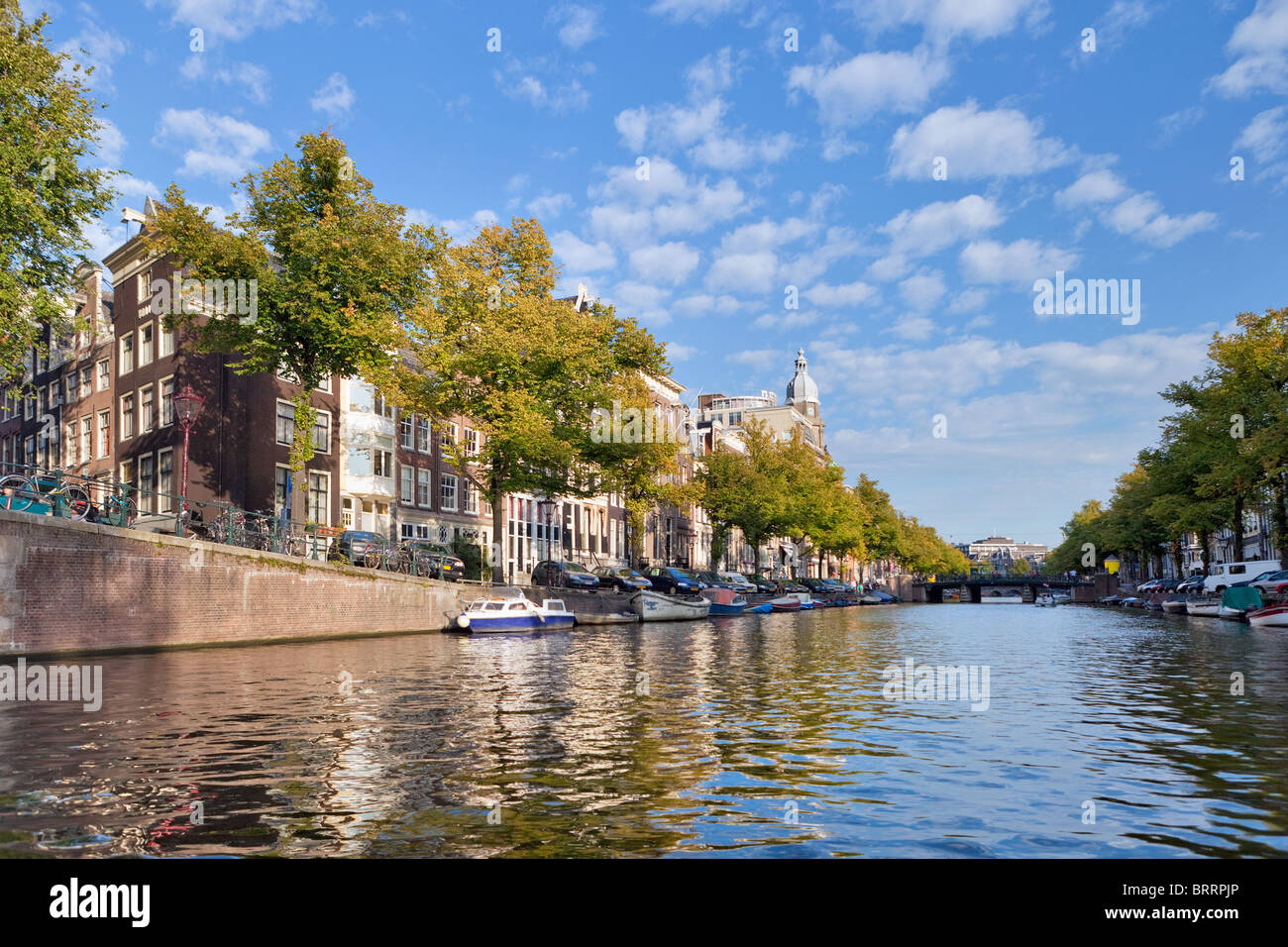The Historical Backbone of Amsterdam
Amsterdam's canals, dating back to the 17th century, are a defining feature of the city. These waterways, originally constructed for defense and water management, have become a symbol of the city’s rich architectural heritage. The concentric canal rings, known as the Grachtengordel, are a UNESCO World Heritage site, attracting millions of visitors each year.
Balancing Heritage with Modern Development

In recent years, Amsterdam has faced the challenge of accommodating a growing population and the demand for modern infrastructure. The city has responded by integrating contemporary architecture with its historical landscape. This includes the development of skyscrapers in areas like the Zuidas business district, which is located away from the historic center to preserve the integrity of the canals.

Innovative Urban Planning Strategies

Amsterdam's urban planners have employed innovative strategies to ensure that new developments do not overshadow the historic canals. For instance, height restrictions are strictly enforced in the city center, while taller buildings are strategically placed in peripheral areas. This approach maintains the visual harmony of the skyline while allowing for modern growth.
The Role of Sustainable Architecture
Sustainability is a key focus in Amsterdam's architectural evolution. New skyscrapers are designed with eco-friendly technologies, such as energy-efficient systems and green roofs, to minimize their environmental impact. The city’s commitment to sustainability ensures that modern developments contribute positively to the urban ecosystem.
Community Engagement and Cultural Preservation
Community involvement is crucial in Amsterdam’s development projects. Local residents and stakeholders are actively engaged in planning processes to ensure that new constructions respect the city’s cultural heritage. This collaborative approach helps balance the needs of modern urban living with the preservation of Amsterdam’s unique historical character.










